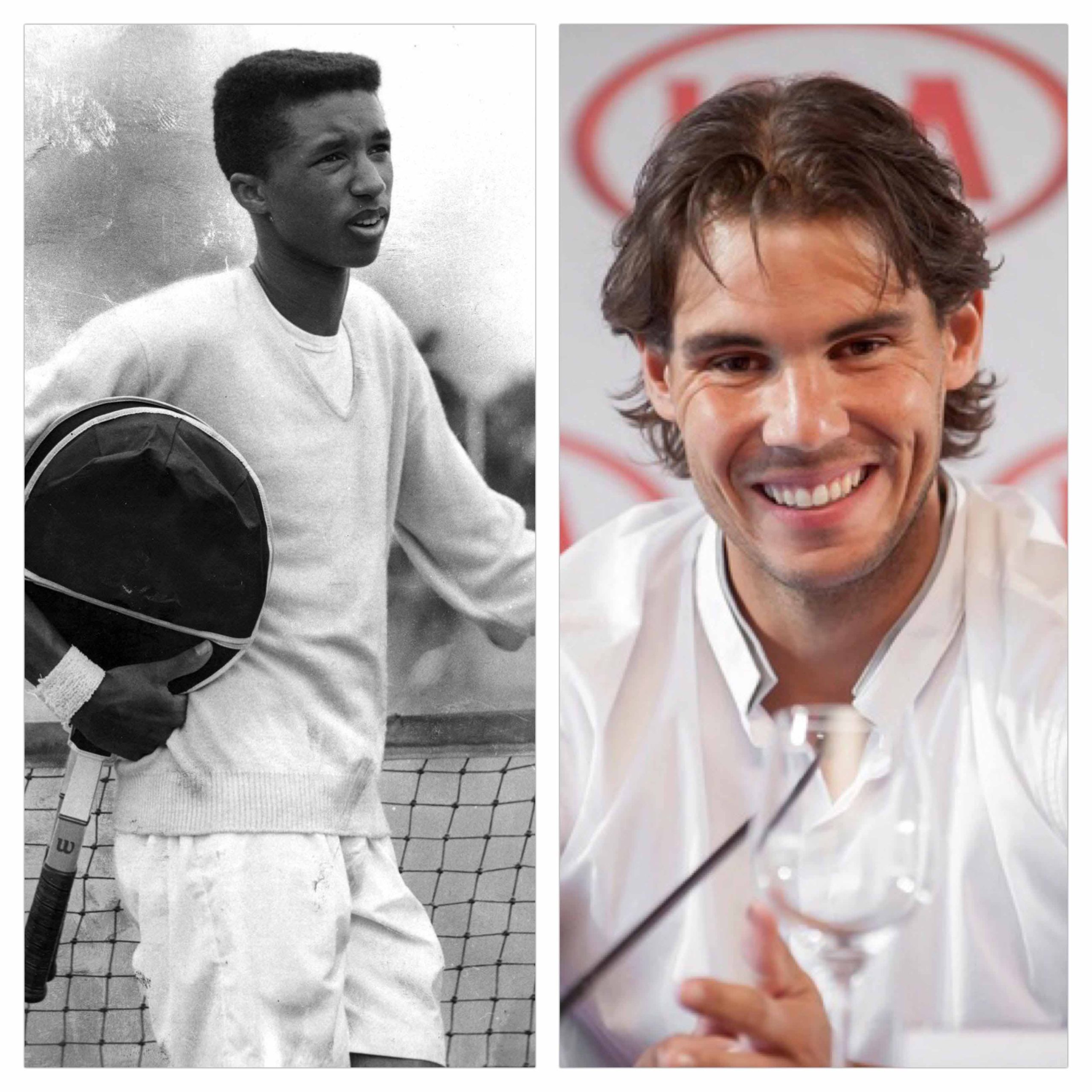As of late you have shown a particular interest in reading blog posts I have written. “Can I read one of your essays?” you intone before bedtime. It seems to have become a ritual. This surprises me. I am running out of essays for you to read. But they seem important to you.
So I will write one you can read tonight. I will write you this letter.
Your online learning grades have not been the best, as we scramble to figure out what your teachers want. It seems the online learning paradigm your fifth grade teachers have rolled out requires 1.) a full-time teacher to lay out all the lessons online and to deliver them over Zoom, and 2.) a parent working also full-time to explain, tutor, and make sure they get done. You told me you would be doing fine in your grades if you were face-to-face with your teacher in a classroom, as was the case before this SARS-CoV virus outbreak. You would not be getting notes sent home about a failure to complete assignments. I totally believe you.
Distance learning during a pandemic over the Internet for kids is far from an ideal education. I am not the first to have made this observation. For the short-term, we can do nothing about this. Elizabeth, we must make the best of things.
To begin with, all this jumping through hoops to satisfy this assignment or that in school does not necessarily mean you are learning much. And I say this as a teacher myself: scratching off your “to do” list of learning tasks may not lead to academic success later in high school and college. Are they strong learning tasks you have been given, or is this “busy work”? The latter does not necessarily help you to grow. This is what does lead to academic success: the ability to read, write, and think critically. A facility with language and numbers. A solid base of earned literacy and numeracy in elementary school.
Let’s focus entirely on that, and let the little things in fifth-grade slide. Your teachers would most likely agree with me.
So that being said, how is your writing going? Do you feel as if you are growing as a writer and a thinker? Are you working on it? Is your vocabulary growing? Are you earning a sweat by assaying difficult reading and writing tasks? Moving outside of your comfort zone?
Your math skills? Do you understand the math your teachers have tried to explain? Have you honestly attempted to meet their expectations? Your own expectations for learning? The hopes and expectations of your parents and grandparents?
In addition to my webpage essays, we have read a large number of books in these past nine months. All three of the Lord of the Rings, The Yearling, The Fault in Our Stars, To Kill a Mockingbird, Tom Sawyer, The Outsiders, and many others. This is the real path towards success in reading and writing: an incessant diet or high-quality literature, and a powerful and direct engagement with that literature. This is what I hope you are doing. In my own reading, I am doing the exact same thing, daughter Elizabeth. We are engaged in the same book-ish work — just at different levels. And the books we have read are much higher-level than that mediocre farrago of literature your teachers have provided you. They have given you stories that even struggling elementary school readers can complete. But we have read books more often read by middle school or high school students. Elizabeth, please keep the bigger picture in mind.
Fifth-grade will not last forever. This pandemic also will not last forever. But your education is a lifelong struggle; it never will end and you should never forsake it. You should read, think, and learn always and everywhere. In school and out. During summer vacation and while school is in session. The struggle against ignorance, which your education requires, is a work without end.
This is a list of the books I have read so far this year, Elizabeth. Each year and every year I keep at it. I try to keep learning —
“The Amateur Spirit”
by Daniel Boorstin
I don’t worry about you and school, despite your subpar distance learning grades at this moment. You are a Geib, and we Geibs have always been bibliophiles and bookworms. It is like the Earp family and gunfighting — “Earps always know.” You have the skill in your blood: books and reading are in your DNA, daughter Elizabeth. It is the family trade. You have imbibed it with your earliest mother’s milk. But you must build, strengthen, and refine your intellectual gifts, lest they go to waste. Teachers, parents, and others can help, but the primary responsibility for your education rests with you. All real education is essentially autodidactic.
For both you and your older sister, the future is an opportunity. Don’t fail to make the most out of it. The path forward is clear, and you know what to do.
I will be by your side every step of the way.
Love,
Your Proud Father,
Richard James Geib

“For both you and your older sister, the future is an opportunity. Don’t fail to make the most out of it. The path forward is clear, and you know what to do.”






